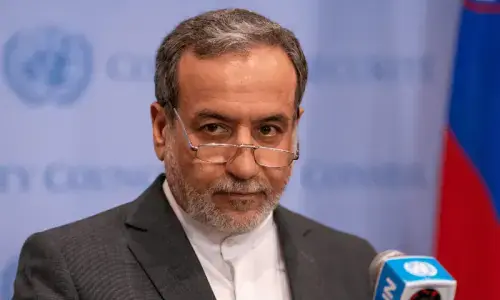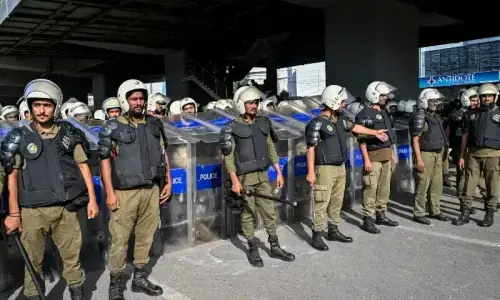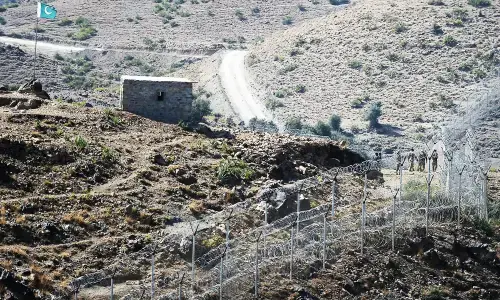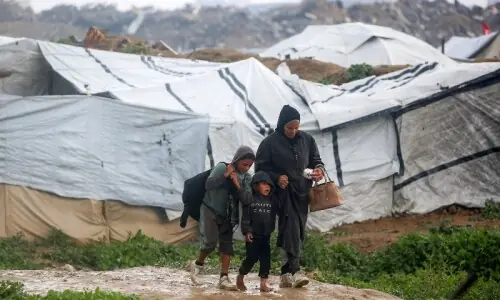AS experts warned, it was only a matter of time before it would happen. Earlier this week, the first suspected case of the Omicron variant surfaced at a private hospital in Karachi. The patient, an unvaccinated middle-aged woman, has been discharged and is currently said to be isolating at home. In a video message released on Thursday, the Sindh Health Minister Azra Fazal Pechuho stated that while the behaviour of the virus indicated the presence of the Omicron variant, genome sequencing had yet to be confirmed. This variant, first reported in southern Africa, has spread to at least 57 countries. Though more research is needed, initial reports have suggested that this version of the coronavirus is more transmissible — even those who have previously contracted Covid are not immune. According to WHO, though the variant is potentially more transmissible, there was some evidence that it caused a milder infection than the Delta variant. In fact, up to Dec 6, all 212 Omicron cases reported from 18 European countries were categorised as asymptomatic or mild. This, however, warned the WHO, did not mean that caution could be thrown to the wind. Even if the infection is mild, higher transmissibility means that more people will become infected resulting in more hospitalisations. In a country like Pakistan, where the health infrastructure is in a shambolic state, there is greater danger of the tertiary healthcare system becoming overwhelmed. It is good that the government, as a pre-emptive measure, banned flights from 16 countries and tightened protocols from 13 others. The Sindh government had also issued new guidelines.
Meanwhile, at a press conference last month, Federal Planning Minister Asad Umar and SAPM Health Dr Faisal Sultan talked about ramping up Covid-19 vaccination in light of the new variant. These measures notwithstanding, the government leaders should again stress the need for adhering to social distancing and other Covid-related SOPs in all public and private institutions. The WHO chief in his statement summed up the situation aptly: “Any complacency now will cost lives.”
Published in Dawn, December 10th, 2021





























